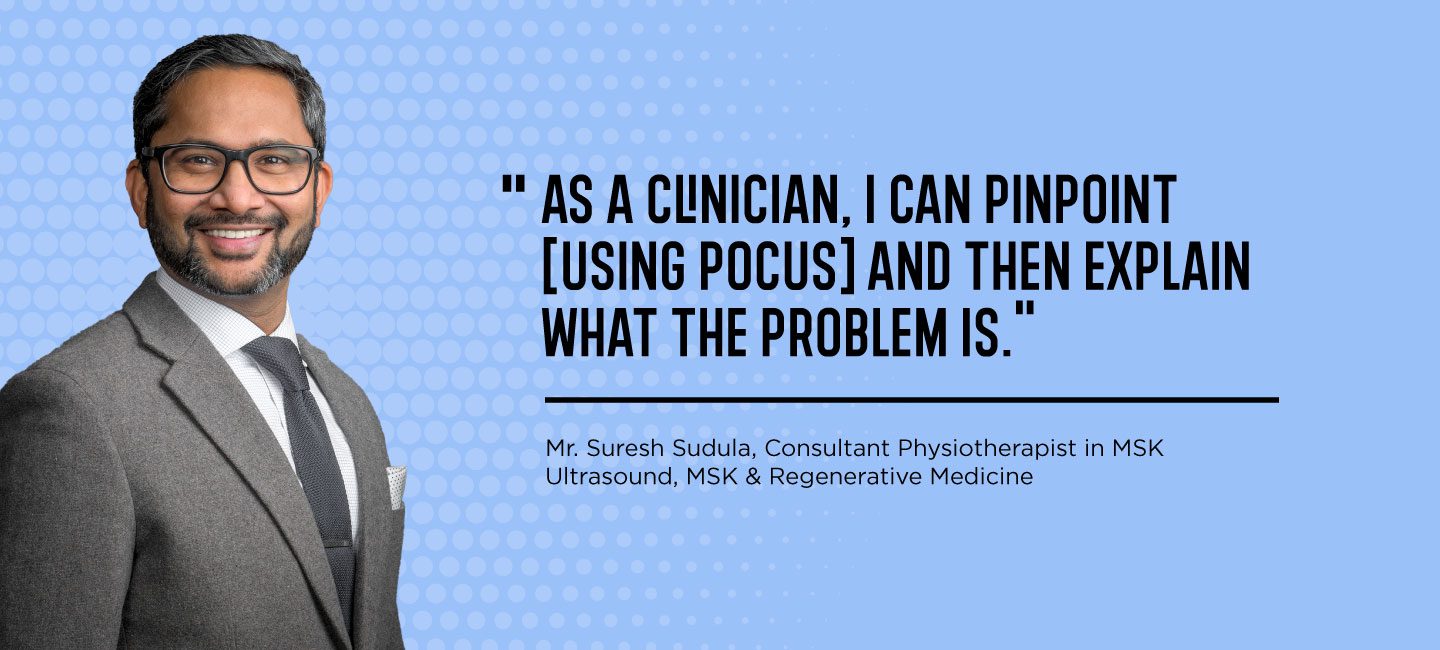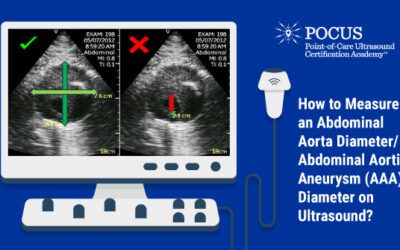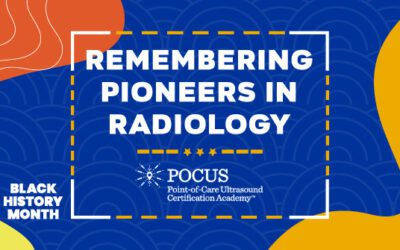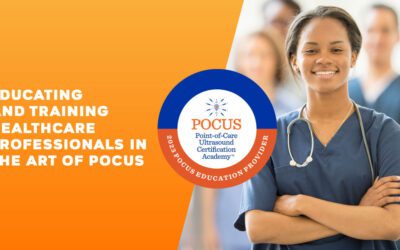The medical field is frequently evolving with the introduction of new technologies, information, and practices designed to improve patient outcomes.
As improved knowledge around healthcare conditions and practices comes to light, the field transforms to ensure that patients remain at the heart of the care and the most up-to-date information guides every decision. Medical school curriculums are expanded, impactful modalities integrated into clinical practices, and new healthcare services are introduced to address the changing needs of patients. Due to the unwavering commitment of the healthcare community, medical professionals and patients continually benefit from the advancements and innovations within the industry.
Regenerative Medicine at the Forefront of Healthcare
One specialty which highlights how the medical community has utilized recent advancements to transform healthcare is regenerative medicine.
While this term was first identified in a 1992 paper by Leland Kaiser, William Haseltine’s description shared at a 1999 conference of this emerging field and how it pulls knowledge from various subjects is what many credit for cementing the phrase in society.
Regenerative medicine is “focused on developing and applying new treatments to heal tissues and organs and restore function lost due to aging, disease, damage or defects.” This rapidly expanding specialty appeals to patients and healthcare practitioners, and its benefits have extended into other focuses such as musculoskeletal (MSK) and sports medicine.
In recent years, notable strides have occurred, with clinical trials and extensive research demonstrating the safety and value regenerative medicine can provide patients. Despite its youth, researchers and healthcare professionals alike feel that it has “the potential to impact not only the quality of healthcare but also the economy.”

Point-of-Care Ultrasound Strengthens Regenerative Medicine
As this innovative, groundbreaking field and its multitude of benefits continues to grow, point-of-care ultrasound (POCUS) has proven to be an instrumental modality in helping this specialty reach new heights.
In a recent FOCUS on POCUS™ podcast episode, Mr. Suresh Sudula, Consultant Physiotherapist in MSK Ultrasound, MSK & Regen Medicine, spoke to the value MSK ultrasound brings to regenerative medicine. In this engaging conversation, Mr. Sudula provides an eyewitness account of how both he and his patients have benefited from this form of ultrasound.
“As a clinician, I can pinpoint and then explain what the problem is,” said Mr. Sudula. His patients get instant feedback and have the opportunity to see what the scan shows, which often reassures them.
Along with his partnership with SonoSkills and his role as the founder and director of Kent Musculoskeletal Clinic, Mr. Sudula recently was appointed as a Head of Education at LifePlus Stem Cells. This is the first stem cell service in the United Kingdom to provide clinicians with quantifiable and quality assured stem cells to be prescribed as a medicine for a wide range of medical conditions.
In a follow-up interview with the Point-of-Care Ultrasound (POCUS) Certification Academy™, Mr. Sudula shared further insights regarding recent progress in regenerative and cellular-based medicine. He explains how POCUS provides two key advantages in supporting the specialty.
- POCUS supports healthcare providers’ ability to confirm pathologies and perform dynamic scans of crucial structures such as ligaments and tendons.
- POCUS elevates medical professionals’ ability to accurately deliver the injections, which also improves the patient experience.
The Future of MSK Ultrasound and Regenerative Medicine
Throughout his career, Mr. Sudula has witnessed an increase in the education and implementation of MSK ultrasound. He has seen clinicians across focus areas incorporate this modality into their practices as awareness of the benefits increase, and the technology has become more accessible.
As innovative technologies and information continue to become increasingly available, Mr. Sudula points out that this is “a constant learning process, where you never stop.”
To learn more about the role of POCUS in regenerative medicine, listen to the full podcast episode. If you are a healthcare professional who utilizes MSK ultrasound, continue your journey with the POCUS Certification Academy’s MSK Certification.
























